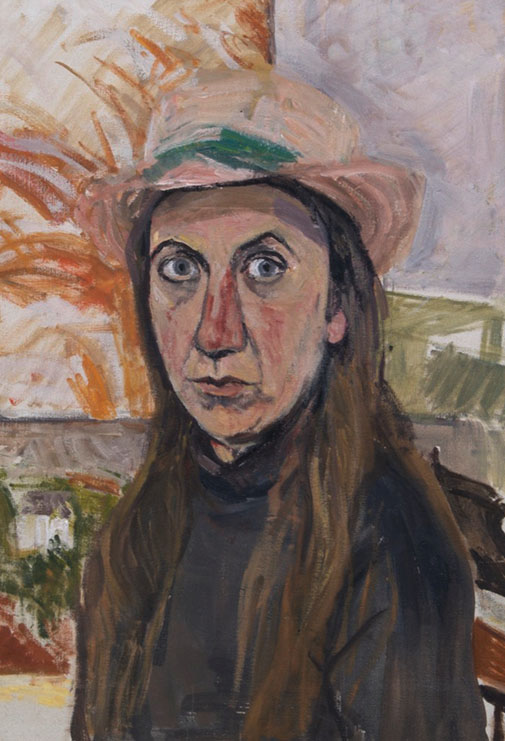- Vol. 03
- Chapter 08

Every brushstroke is an idea
The strange thing about ideas is that they do not necessarily happen at the right time, but they are there when their time has come. Just like brushstrokes. Or even a single brushstroke. The funny part is that a brush isn't always smeared with paint.
'What do you mean,' she asked and she isn't an artist.
I said, 'I mean that even you hold your toothbrush or shaving brush in your hands and work towards an idea of an attractive personality, don’t you?’
She gave me a look that was incisive and apparently meant that the intention was to brush my thought off her mind. She laughed. I didn’t have the heart to persist that even laughter was similar to brushing off vibes that cause chasms.
But let me come back to the brushstrokes that matter. Artists have painted and a lot of them have their works being auctioned for millions well after their need for money, power, and fame has ceased to be important. 'Their time has obviously not come' is not so much for the artist as it is for a painting. The artist is a mere medium for the painting… and a painting is a medium for an idea. The idea becomes alive only when it is needed.
She insisted, 'So who decides on the mix of colours? Who decides if it is to be a translucent or a heavily laid stroke? Who decides on a stroke over a stroke?'
Every brushstroke is an idea
'It is apparently the artist who does all this,' I replied and then added that a stroke over a stroke could sometimes change an expression. Expressions are, after all, a reflection of the current mood of an artist and probably have nothing to do with what the people want. It is only those artists who paint for the public who get that ephemeral dose of appreciation… and sales. But this doesn’t take away the merit of those works that are not appreciated by the generation that is alive then.
'Brushstrokes, however, have great power,' I told her, 'they are like an uneven path leading to the soul of a painting.' She seemed to ponder over this and even though she wasn’t smiling, I could sense a deeper understanding of the job of an artist getting a foothold in her mind.
She was still … and silent. I tried to look into her intent eyes to see if I could sense what was going on in her mind. And soon enough I did hazard a guess, 'You're probably thinking that it is a contemporary sense of acceptance of a work that more important than the work itself.'
She was still silent and seemed to have gone inward searching for an answer. So I could just stand there and wait until the curator tapped on my shoulder and said softly, 'You’ve been talking to this painting for a long time now. Thinking of buying it?'
